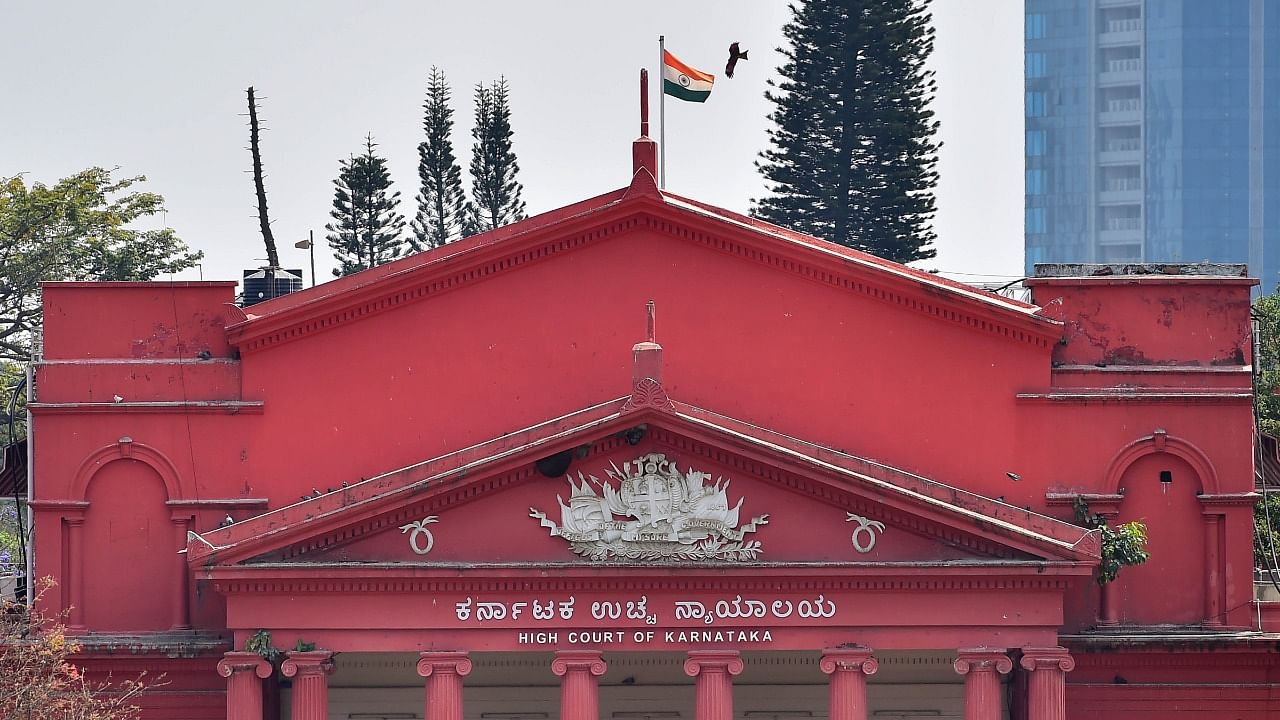
Karnataka HC.
Credit: PTI Photo
Bengaluru: The Debt Recovery Tribunal (DRT) has no power either to order surrendering of a passport or retention of it, the Karnataka high court has ruled in a judgement.
Justice M Nagaprasanna said this while directing the DRT, Bengaluru, to return the passport of the petitioner which he had surrendered in April 2016.
The petitioner, Shambhukumar Kasliwal, a resident of Mumbai, was made a party in the proceedings initiated by the banks for the recovery of loans. The petitioner had executed a certain agreement of guarantee in favour of various lenders.
In these proceedings, the banks had filed an application praying to direct the petitioner to surrender his passport before the DRT. The Tribunal had allowed the application and from then on every attempt of the petitioner to get his passport released before the DRT had failed. The DRT had said that the petitioner would be entitled to the passport as and when he requires to travel, subject to production of appropriate travel itinerary.
The petitioner contended that ordering surrender of passport and retention of the same amounts to confiscation or impounding of passport and that the DRT has not been vested with such a power. Appearing for the union government, Deputy Solicitor General H Shanthi Bhushan submitted that the power to impound a passport is only under section 10(3) of the Passports Act, 1967 and no court except constitutional courts (High Courts and Apex Court) can pass any order of retention of a passport.
Citing the Apex Court judgement in Suresh Nanda vs CBI, Justice Nagaprasanna said that the top court had held that neither the police nor the criminal court invoking powers under CrPC Sections 102 or 104 can seize or impound a passport. Impounding of a passport is by the passport authority vested under the Passport Act, the court said.
The court perused the procedure and powers of the Tribunal and the Appellate Tribunal and said they have the same powers that are vested in a civil Court. “The issue in the case at hand is, such an act being done by the Tribunal which undoubtedly has only the power of following the procedure of a civil Court in securing ends of justice. The civil Court or the criminal Court itself do not have the power to impound the passport,” the court said.
However, the judge has reserved liberty to the Ministry of External Affairs to impound Kasliwal’s passport in accordance with the mandate of section 10 of the Passports Act in the event need arises.